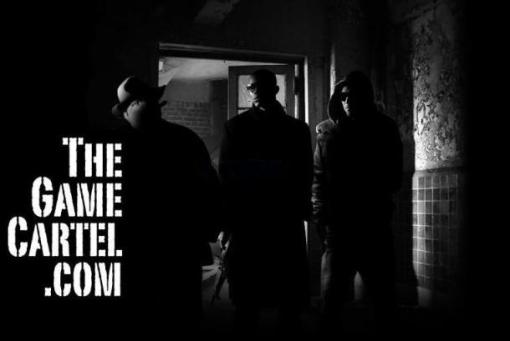 Lollapalooza has announced an interesting experiment on their Facebook & Twitter streams today asking fans and followers to submit their top 5 favorite bands for consideration in the Lollapalooza 2010 lineup. They’ve provided a link to a web page asking users to “Be a Booking Agent” and submit any genre of artist by November 11th along with other information such as a name and zip code. This unique festival crowdsourcing strategy comes amidst a number of innovative social media efforts taken by Lollapalooza organizers in 2009. Check out this case study on the festival’s use of social media in 2009 to generate buzz. While exact details of how they will use the information remain somewhat foggy, it is important to point out that Lollapalooza is undertaking an extremely interesting initiative that could change the nature of music festivals for musicians, organizers, and fans.
Lollapalooza has announced an interesting experiment on their Facebook & Twitter streams today asking fans and followers to submit their top 5 favorite bands for consideration in the Lollapalooza 2010 lineup. They’ve provided a link to a web page asking users to “Be a Booking Agent” and submit any genre of artist by November 11th along with other information such as a name and zip code. This unique festival crowdsourcing strategy comes amidst a number of innovative social media efforts taken by Lollapalooza organizers in 2009. Check out this case study on the festival’s use of social media in 2009 to generate buzz. While exact details of how they will use the information remain somewhat foggy, it is important to point out that Lollapalooza is undertaking an extremely interesting initiative that could change the nature of music festivals for musicians, organizers, and fans.
For an emerging musician, having a the opportunity to play in front of a couple thousand people could be the make or break of an artists’ career. Giving fans the ability to share their new favorite artists with festival organizers might allow a band to generate enough buzz online to get that ultimate gig. Lollapalooza organizers may not use the information for more than just general reference, but the idea of a crowdsourced festival line-up sounds like a dream come true for the D-I-Y artist. As musical preferences and tastes become more fragmented and niche focused, the idea of a radio hit-single will most likely fade into oblivion. This is especially true among more sophisticated music listeners. In this not so distant future, festival organizers may use more online crowdsourcing strategies, over traditional Billboard charts, to determine which artists will sell the most tickets or which regions prefer certain genres of artists.

The collaborative nature of the social web has really opened up a number of opportunities for artists and fans. For example, Eventful.com allows fans to petition for their favorite band to visit their hometown, creating an on-demand experience for live shows. For the superfan the ability to demand an upcoming band to play a show in your hometown is a dream come true. For the musician, tools like Eventful are an excellent way to save valuable time and money determing the demand for live shows in cities across the nation.


I look forward to seeing how Lollapalooza begins to handle the onslaught of artist suggestions. I have already begun to see a number of independent musicians calling on their fan base to vote them into the Lollapalooza line-up. Given the short time-period of the ‘experiment’ (ending Nov. 11), we may see very soon what crowdsourcing a festival may have in store for the future of music. Let the word-of-mouth marketing battle begin!



Recent Comments